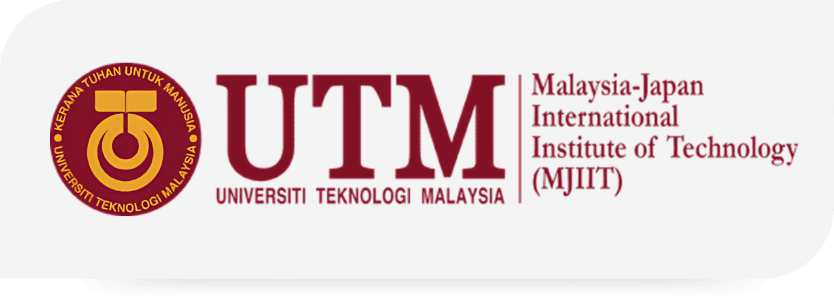by webmaster | May 25, 2023 | MJIIT Events
Greetings!Dear all academicians, researchers and postgraduate students,The 8th International Conference on Advanced Technology and Applied Sciences (ICaTAS 2023) ICaTAS 2023 CALL FOR PAPERS 10th – 12th October 2023Arab Academy for Science, Technology & Maritime...
by webmaster | Mar 1, 2021 | MJIIT Events
“Uniqueness of Japanese Engineering Education and Research From Viewpoint of Educational Development in Modernization in Japan” 3rd March 2021 (Wednesday) 10:00AM – 12:00PM Webex Link:...
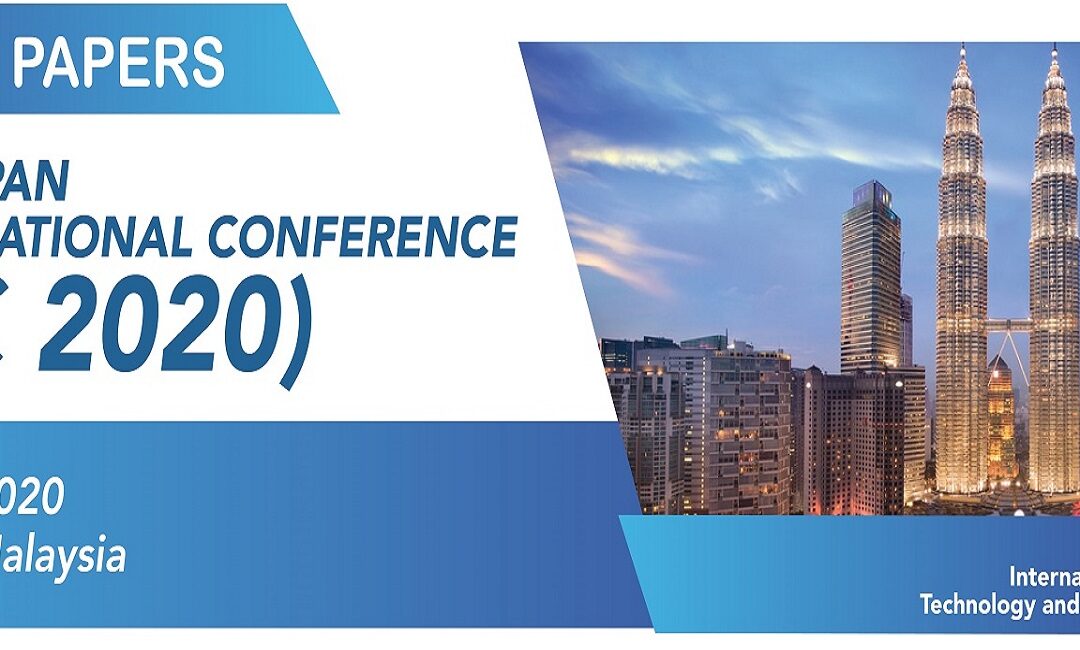
by webmaster | Sep 3, 2020 | MJIIT Events
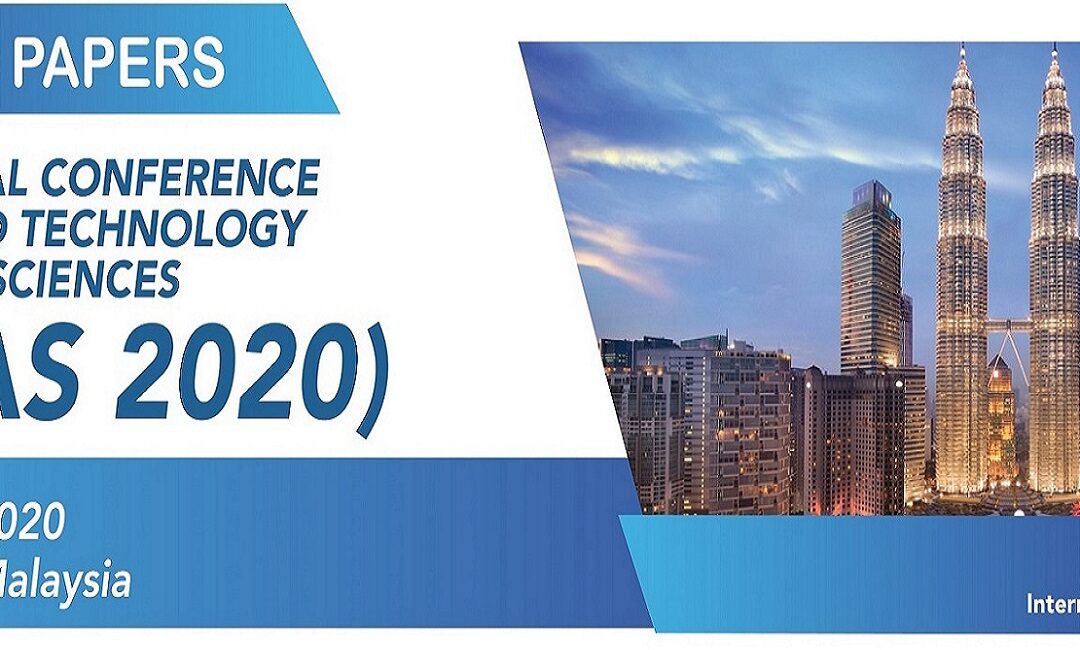
by webmaster | Sep 3, 2020 | MJIIT Events
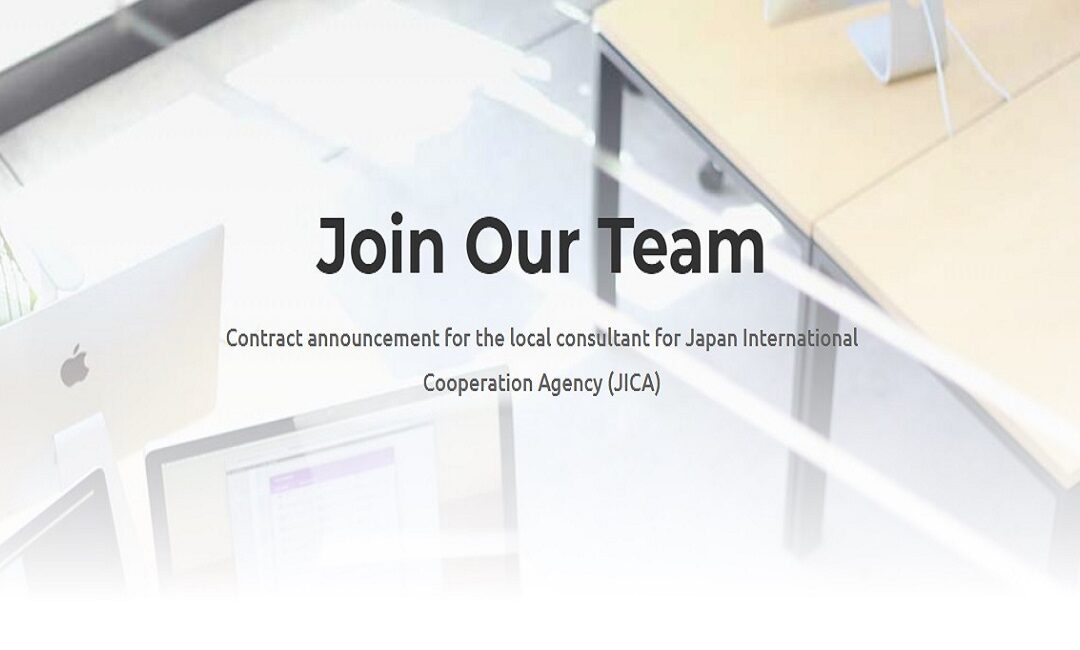
by webmaster | Aug 3, 2020 | MJIIT Events
MORE INFO for JICA VACANCY...
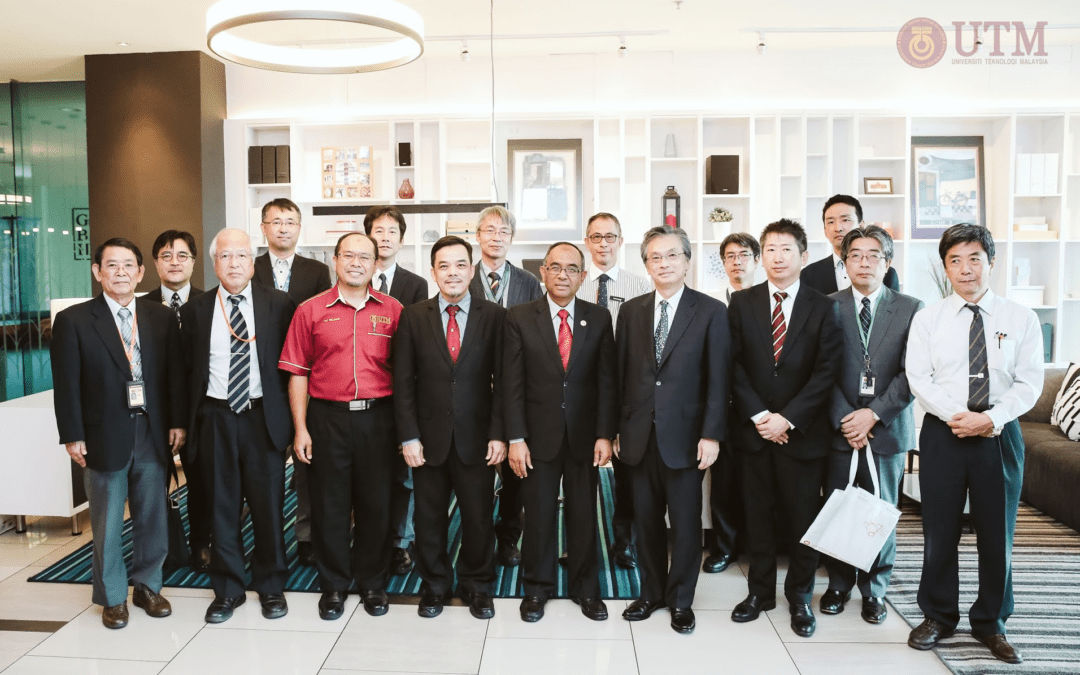
by webmaster | Dec 4, 2019 | MJIIT Events, MJIIT On Media, MJIIT Staff Events
KUALA LUMPUR, 3 December 2019 – Malaysia-Japan International Institute of Technology (MJIIT) was honoured to graciously receive His Excellency Hiroshi Oka, the Ambassador of Japan to Malaysia for his inaugural visit to MJIIT. Accompanying H.E Oka were Minister Kaname...




